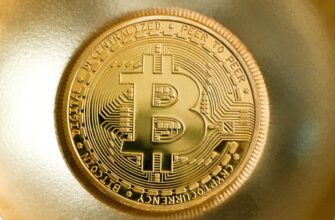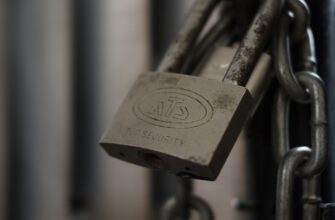- Introduction: Bitcoin in Cuba’s Unique Landscape
- Is Bitcoin Legal in Cuba?
- Step-by-Step: How to Buy Bitcoin in Cuba
- Top Platforms to Buy Bitcoin in Cuba
- Storing Bitcoin Securely in Cuba
- Mitigating Risks and Avoiding Scams
- Frequently Asked Questions (FAQs)
- Can I use Binance or Coinbase in Cuba?
- What payment methods work best?
- How do I sell Bitcoin in Cuba?
- Are Bitcoin transactions taxed?
- Is internet access reliable for trading?
- Conclusion: Navigating Cuba’s Crypto Frontier
Introduction: Bitcoin in Cuba’s Unique Landscape
With Cuba’s complex economic restrictions and limited banking access, Bitcoin has emerged as a vital tool for remittances, savings, and cross-border transactions. However, buying cryptocurrency on the island presents distinct challenges—from internet accessibility to regulatory ambiguity. This guide demystifies the process, offering practical methods to acquire Bitcoin safely in Cuba while navigating local realities.
Is Bitcoin Legal in Cuba?
Cuba’s stance on cryptocurrency remains nuanced. While not officially legal tender, the Central Bank issued Resolution 215 in 2021, recognizing virtual assets and licensing select crypto service providers. Individuals can legally hold and trade Bitcoin, but businesses require government approval. Always verify current regulations, as policies may evolve rapidly.
Step-by-Step: How to Buy Bitcoin in Cuba
- Get a Digital Wallet: Download non-custodial wallets like Trust Wallet or Exodus. Avoid exchanges holding your keys.
- Secure Internet Access: Use public Wi-Fi hotspots (ETECSA) or mobile data. Consider VPNs for privacy.
- Choose a Purchase Method: Opt for P2P platforms (see below) due to limited traditional exchanges.
- Arrange Payment: Sellers typically accept cash (CUP/CUC), bank transfers, or gift cards.
- Complete Trade & Transfer: Escrow services on P2P sites protect transactions. Move Bitcoin to your private wallet immediately.
Top Platforms to Buy Bitcoin in Cuba
- Paxful: Leading P2P marketplace with 350+ payment options. Ideal for cash trades.
- LocalBitcoins: Long-established platform with escrow protection. Filter Cuban sellers.
- Bitcoin ATMs: None exist in Cuba currently. Travelers must use P2P methods.
- Local Crypto Communities: Telegram groups like “CriptoCuba” facilitate in-person cash deals.
Storing Bitcoin Securely in Cuba
Never leave coins on exchanges. Use:
- Hardware Wallets (e.g., Ledger): Best for large holdings—offline and hack-resistant.
- Mobile Wallets (e.g., BlueWallet): Free, user-friendly options with backup phrases.
- Paper Wallets: Print QR codes for cold storage; guard against physical damage.
Mitigating Risks and Avoiding Scams
- Verify Sellers: Check trade history and ratings on P2P platforms.
- Use Escrow: Never release payment until Bitcoin is in your wallet.
- Avoid “Too-Good” Deals: Scammers lure victims with unrealistic prices.
- Offline Meetups: Conduct cash trades in public spaces with trusted contacts.
Frequently Asked Questions (FAQs)
Can I use Binance or Coinbase in Cuba?
Most international exchanges restrict Cuban users due to sanctions. P2P platforms remain the primary option.
What payment methods work best?
Cash (CUP/CUC) dominates local trades. Online, sellers accept bank transfers, Zelle, or gift cards like Amazon.
How do I sell Bitcoin in Cuba?
Reverse the buying process: list coins on Paxful/LocalBitcoins or arrange cash sales via local networks.
Are Bitcoin transactions taxed?
Cuba has no specific crypto tax laws yet. Declare earnings if converting to fiat via banks.
Is internet access reliable for trading?
Connectivity can be unstable. Schedule trades during low-congestion hours and use offline wallet backups.
Conclusion: Navigating Cuba’s Crypto Frontier
Buying Bitcoin in Cuba demands adaptability, but P2P platforms empower users despite infrastructure hurdles. Prioritize security, stay updated on regulations, and leverage local crypto communities. As adoption grows, Bitcoin offers Cubans unprecedented financial autonomy—one careful trade at a time.








